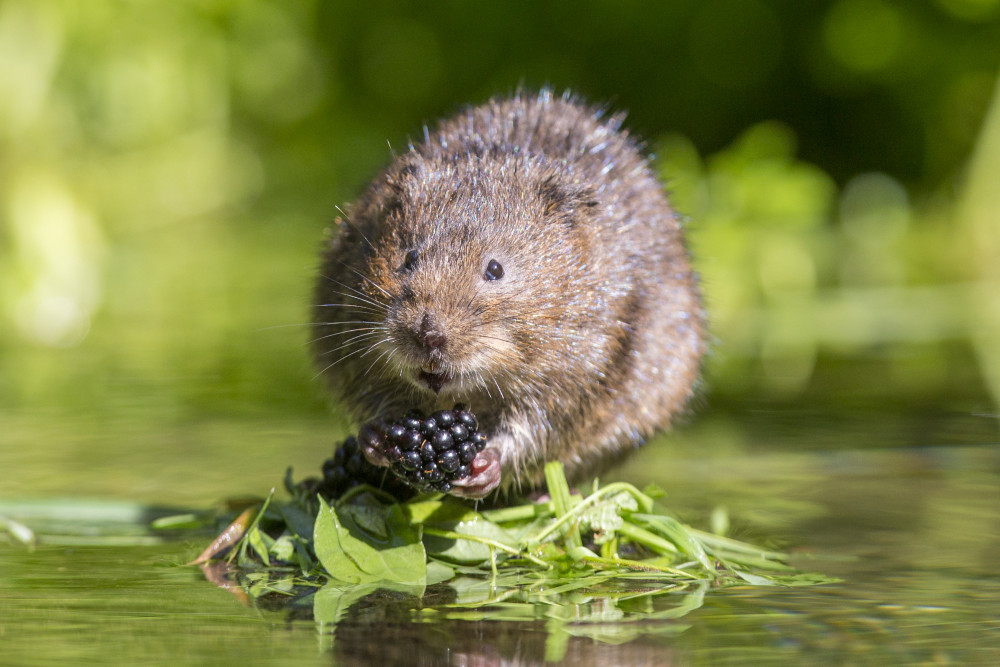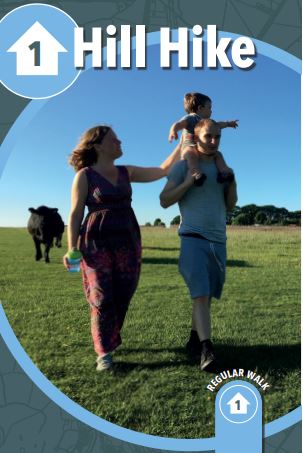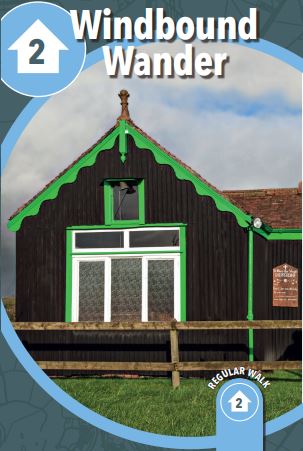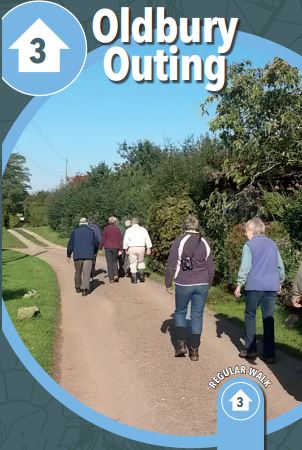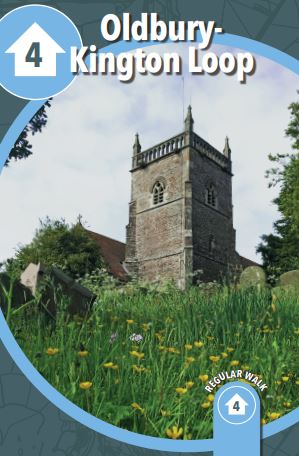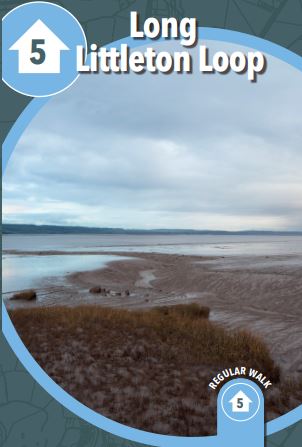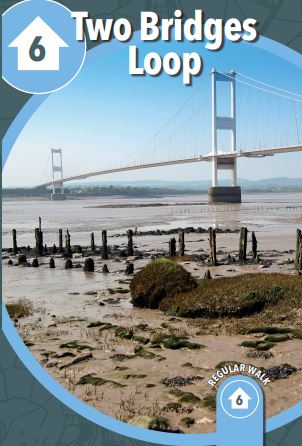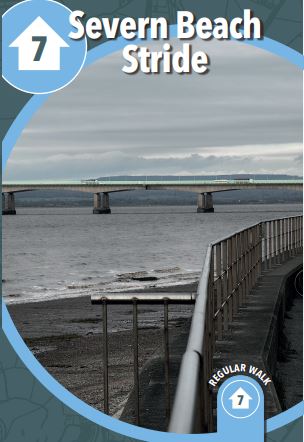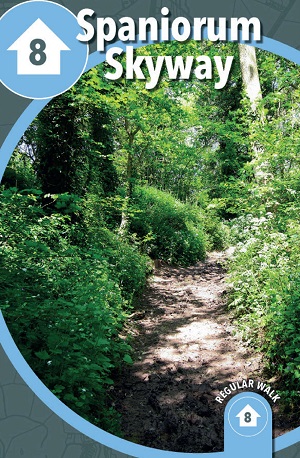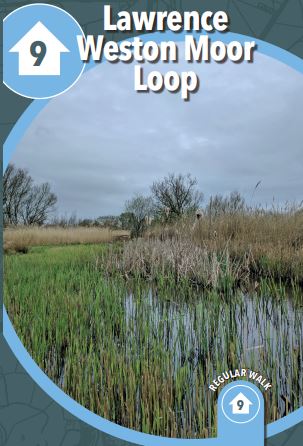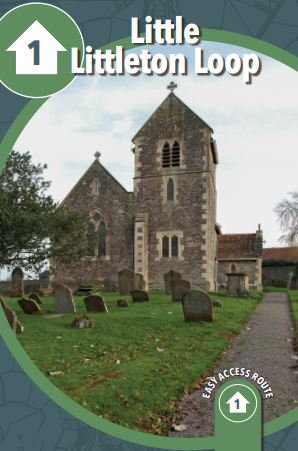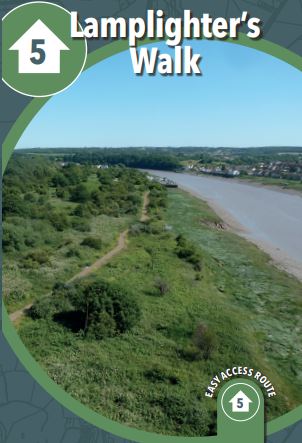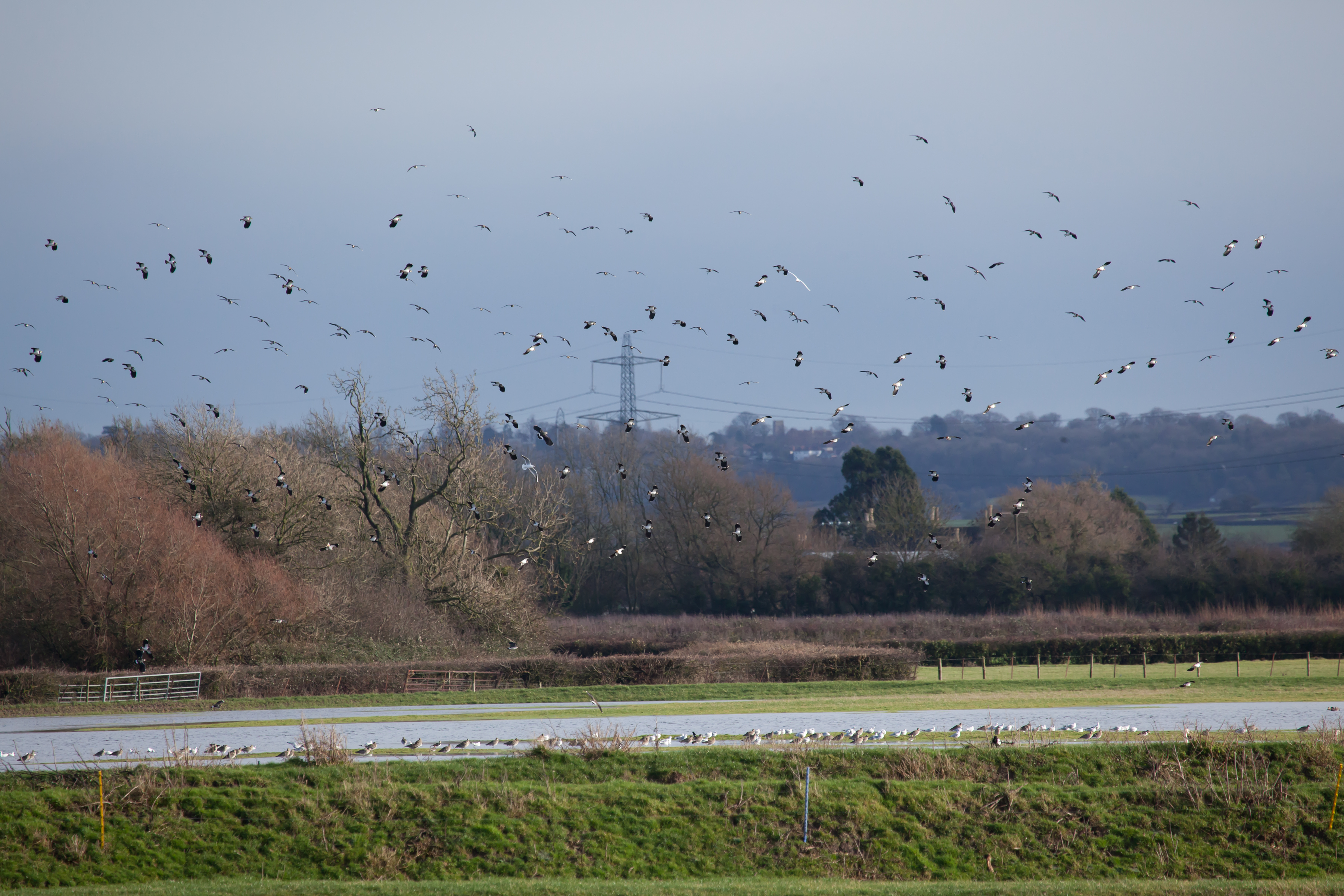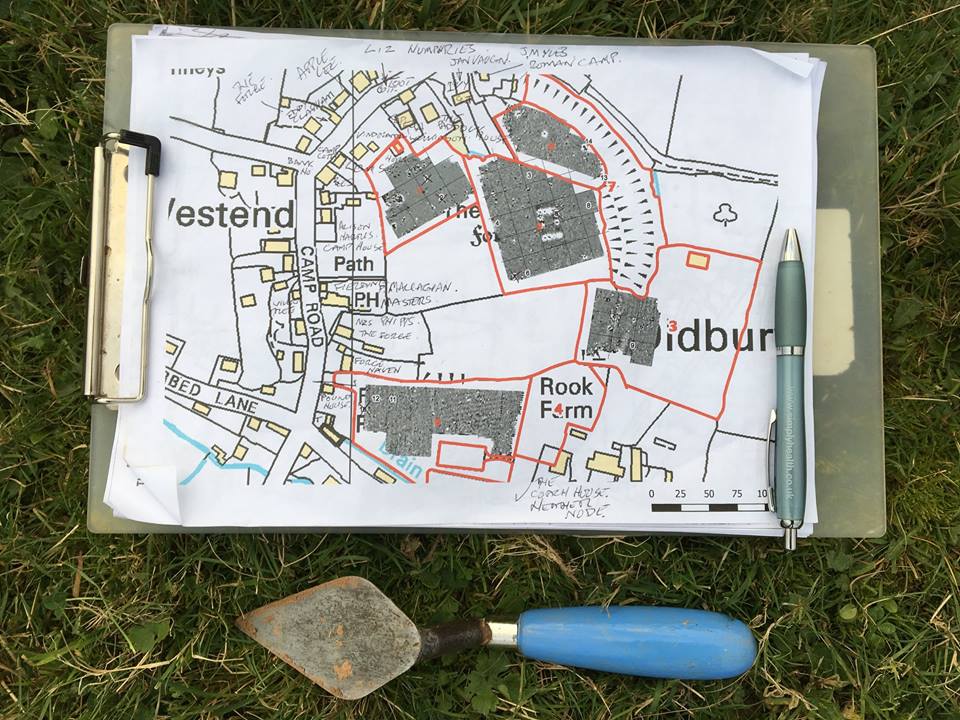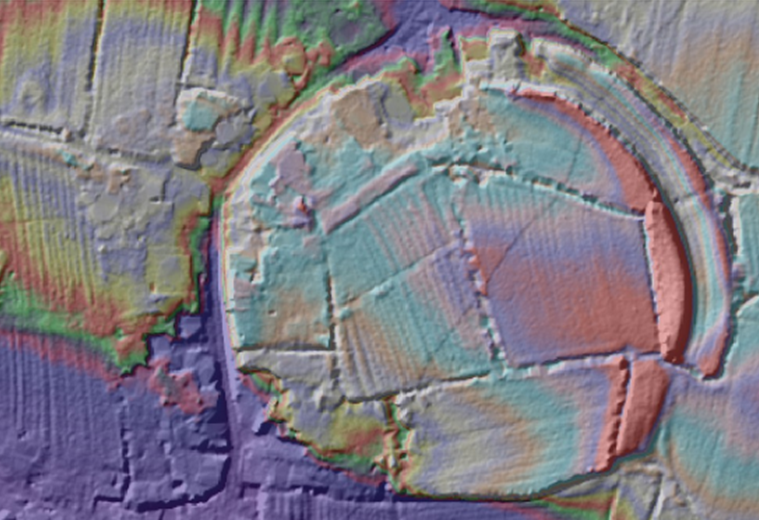Water Vole Monitoring and Habitat Restoration
-
Water vole monitoring. Photo credit: Stephen Judd
-
Ditch and rhine before restoration
-
Ditch and rhine after restoration
-
 A water vole. Photo credit: Natural England
A water vole. Photo credit: Natural England
Water voles are Britain’s fastest declining wild mammal owing to loss of habitat and an introduced predator, the American mink.
A Forgotten Landscape monitored water vole numbers in the area and worked to restore their habitats, in order to make sure people can still catch a glimpse of this rare animal in the future.
Water Vole Monitoring
Volunteers were trained to monitor water voles and their habitats locally. The data collected helped us understand the impact of climate change and other environmental changes on the species in the area. It was also used to inform the future management of the rhines (ditches), helping to continually improve local habitat for the creatures.
Water Vole Habitat Restoration
This stage of the project involved clearing scrub vegetation from local rhines and ditches, mainly in the Avonmouth and Lawrence Weston areas. Volunteers got the chance to improve their physical and mental well-being by working directly in nature, working with others and doing something positive for the local environment. They also learned more of the heritage of the area.
As well as improving local habitat we hoped to foster links between the cleared rhines and suitable habitats for water voles to use to create networks and prevent fragmentation.









